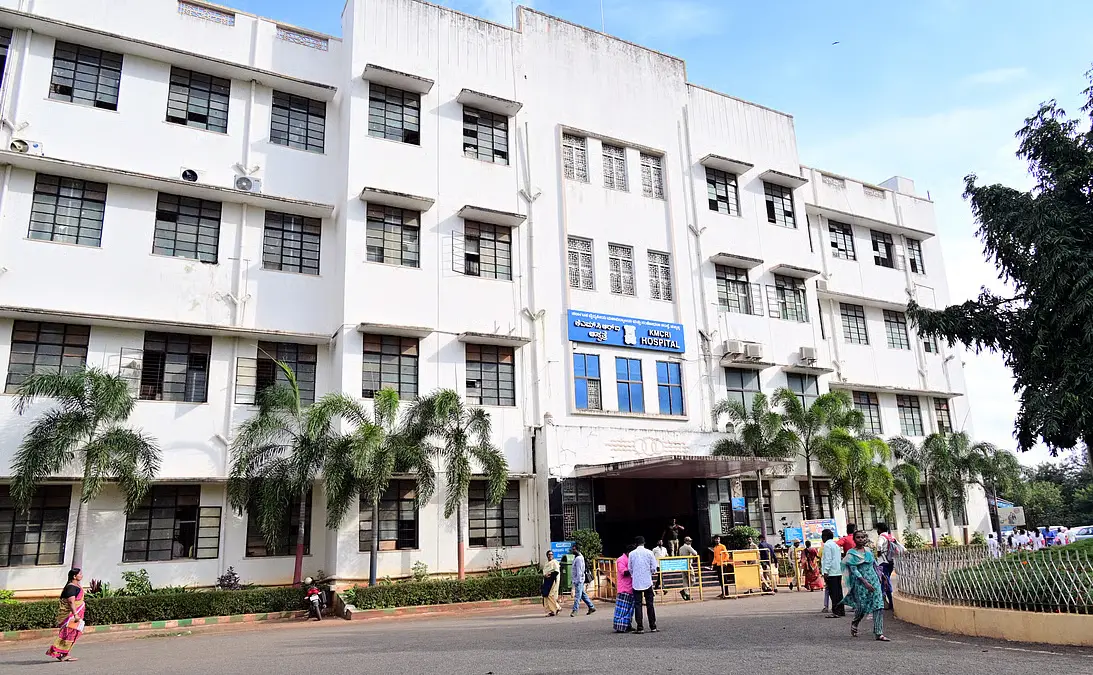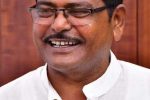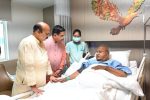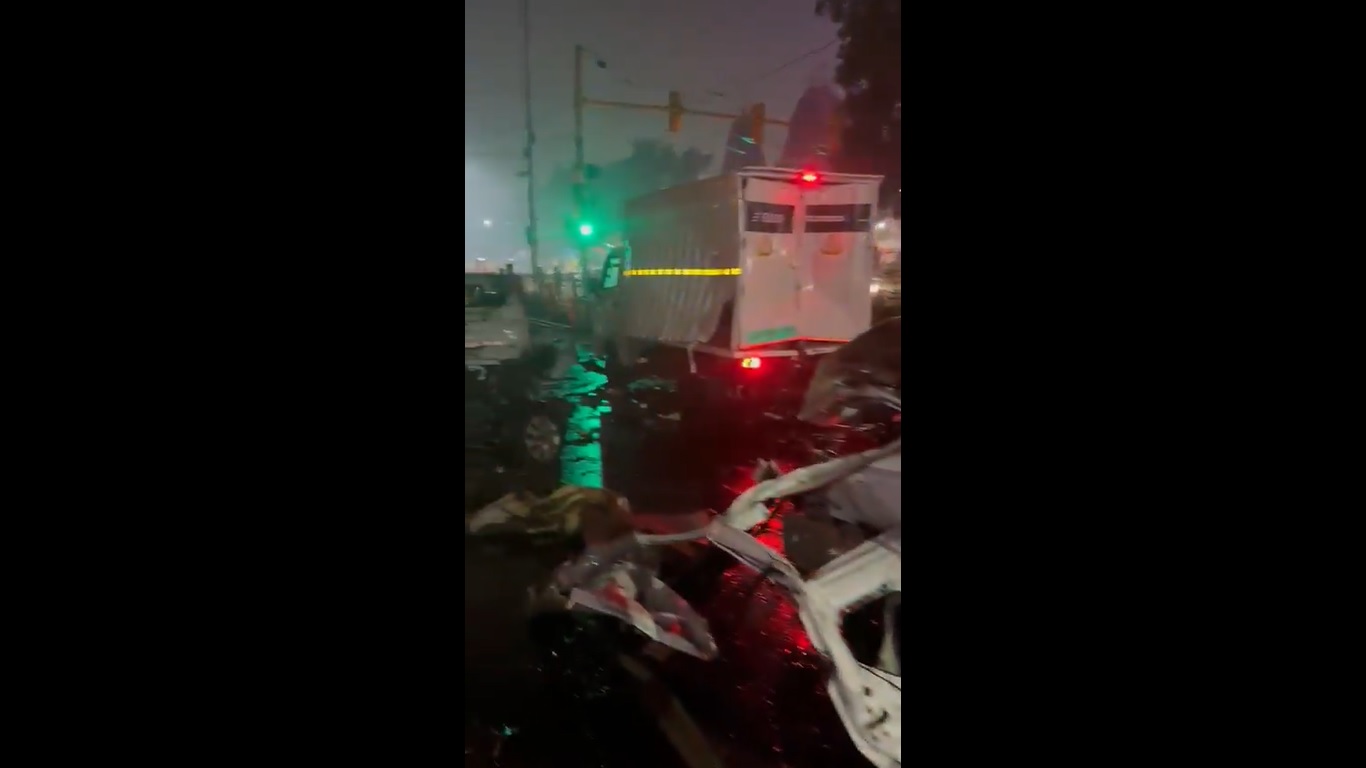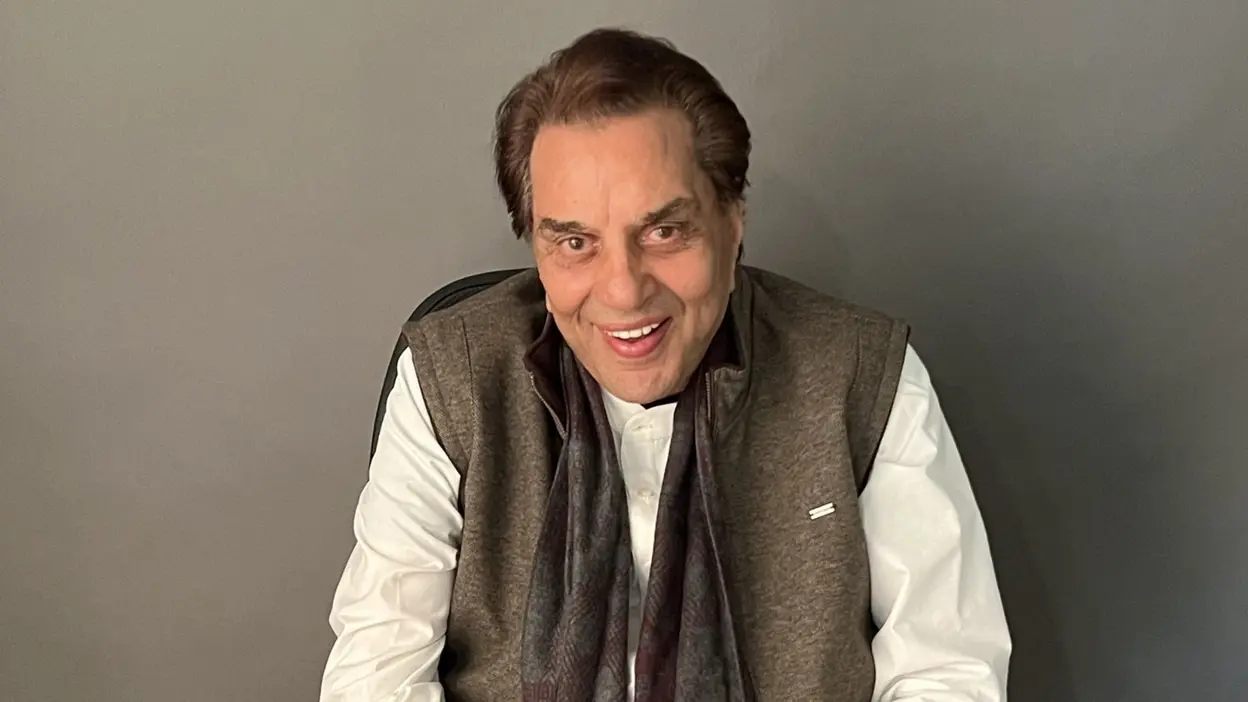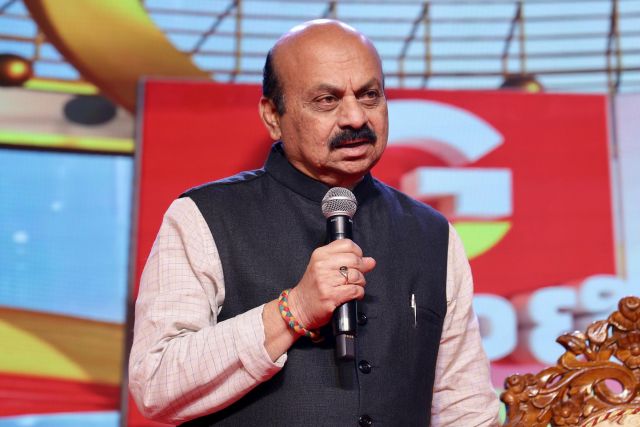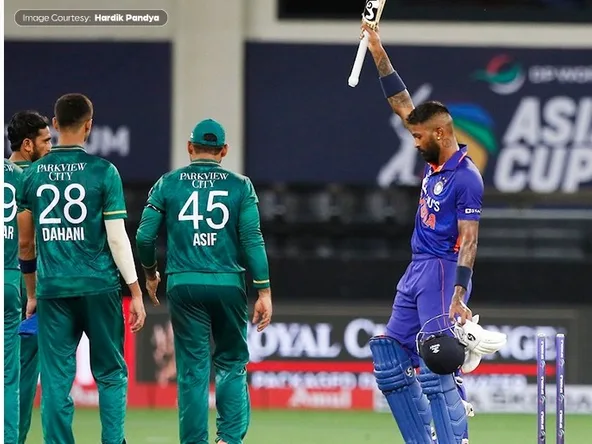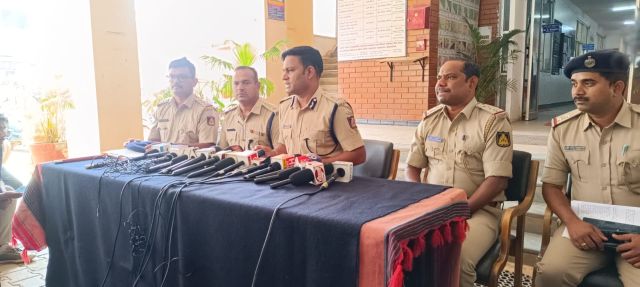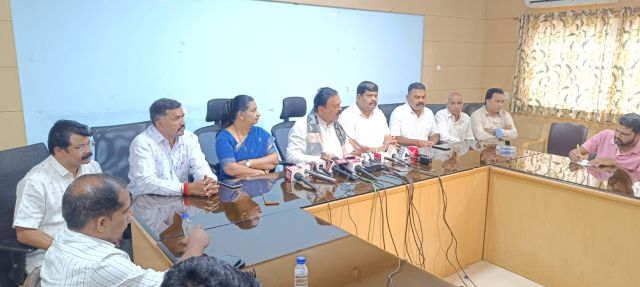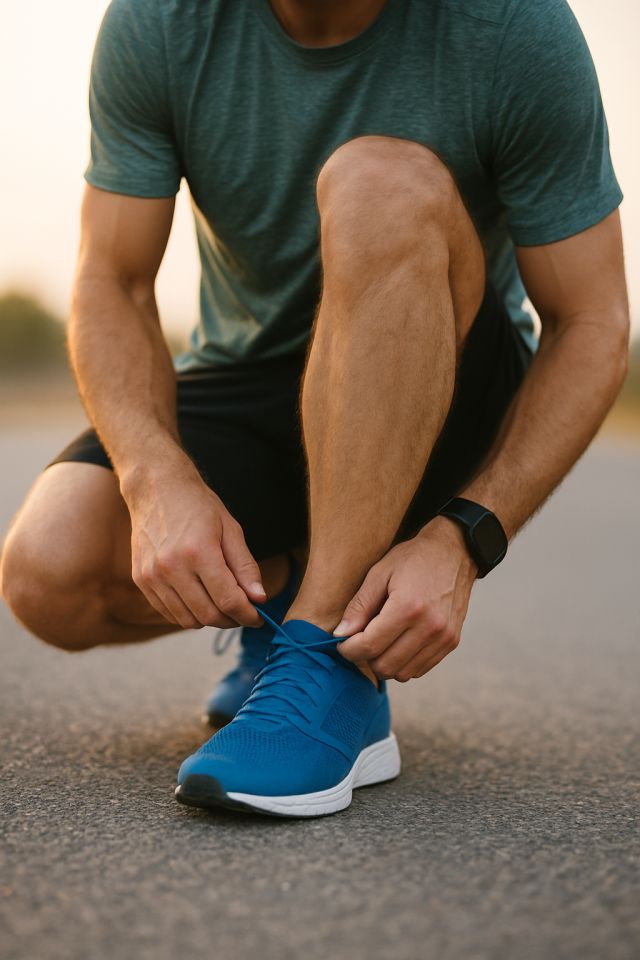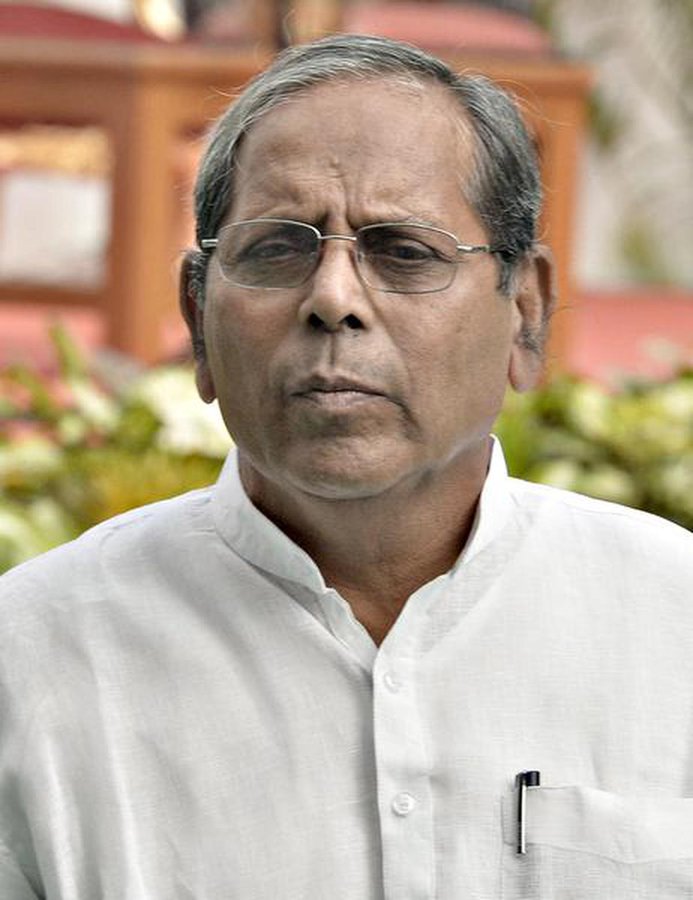Bengaluru/ Hubballi Sept. 20 (DailyMail24 Online): The mandatory facial verification/Authentication introduced under the Ayushman Bharat-Arogya Karnataka (AB-ArK) scheme by the Suvarna Arogya Surksha Trust (SAST) has led to a steep drop in beneficiary registrations, sparking concern among hospitals and patient groups.
Officials and hospital administrators say the shift from earlier photo-verification methods to compulsory Aadhaar-based facial recognition has created fresh hurdles, particularly for all patients, senior citizens and patients with facial disfigurements because this process requires a correct real-time Aadhar Data base server and SAST server to sync in with the verifier Mobile Network.
Another option given is Aadhar linked Mobile OTP to be validated for ICU patients. After this step completes, another mobile no OTP Validation is required for enrolment into ABARK Scheme.
Along with this the old system also to be continued. According to data, monthly registrations in whole state have fallen from around 3.5 lakh beneficiaries to nearly 1.8 lakh since the new system came into effect.
Patients Not Recognised by System
Several categories of patients are reportedly unable to pass the new verification checks, including elderly beneficiaries whose facial features have changed with age. Patients with burns, trauma or facial injuries whose Aadhaar-linked images no longer match and also there is no mobile number linked with their Aadhar number
Hospitals say that even genuine patients are being denied enrolment due to repeated verification failures.
Old System vs. New Hurdles
Until recently, hospitals followed a simpler process. A staff member would stand alongside the patient for a photograph, which was uploaded along with the patient’s Aadhaar and ration card details. Aadhaar number is used to generate a unique ArKID (Arogya Karnataka ID). This was accepted as proof for registration.
Now, patients must undergo strict Aadhaar-based facial recognition. In addition to Aadhaar, the system demands one-time passwords (OTPs) sent to the patient’s registered mobile number as well as a second OTP on a relative’s number—a step that hospitals say delays treatment and complicates the process for those without access to mobile. People using GSM mobiles have inbox flooded with sms, so new sms of OTP hardly accessible due low capacity of inbox.
Hospitals Raise Concerns
Hospital administrators argue that while the intent behind stronger verification is to curb misuse, the rigid process is excluding some of the most vulnerable groups who need treatment the most.
“We are witnessing daily rejections of genuine patients because the system does not recognise their faces. Senior citizens and accident victims are suffering the most,” said one medical superintendent of a district hospital, requesting anonymity.
Dr Ishwar Hosmani, Director of Karnataka Medical College and Research Institute said that these issues have been brought to the notice of concerned officials and we are expecting that these hurdles would be resolved.

